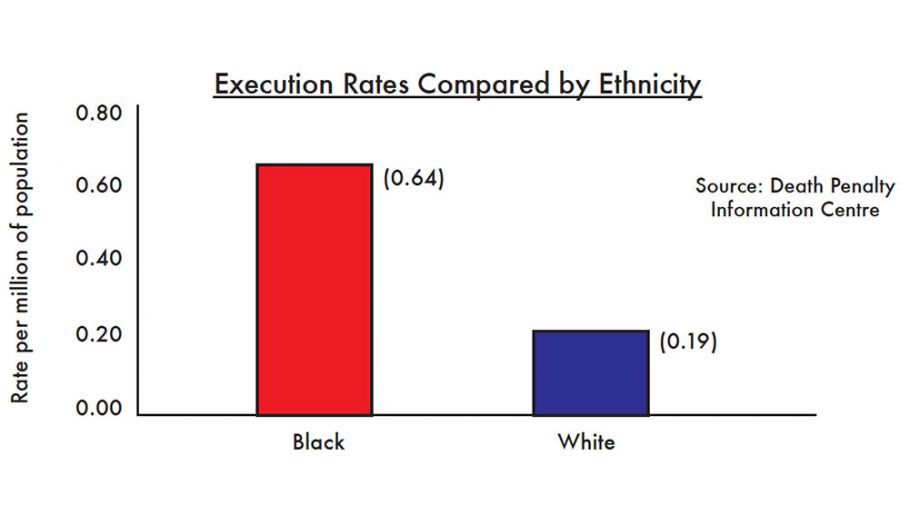The execution of Georgia resident Troy Davis started much conversation in the South and throughout the nation about the death penalty. Davis spent more than 20 years on death row before his execution.
Controversy surrounded the case, as it was believed by many that the accused was actually innocent. Though Davis was the 33rd person executed this year, he was the one who brought the most attention to the issue of the death penalty.
“I think it’s controversial because it’s final,” said political science professor Joseph Smith. “If we find out later that, in fact, we executed the wrong person, there’s no way to remedy that at all. Whereas if you put someone in jail for life and later on find out you did it to the wrong person, you can let them out and they can live what’s left of their life in freedom.”
Smith also mentioned recent situations in Illinois where defendants were released off of death row after being found innocent. Illinois abolished the death penalty earlier this year.
Richard Fording, chair of the political science department, said the actual use of death penalties has decreased because of the challenges and the cases of those defendants who were exonerated.
However, Fording said there is still an overwhelming majority of support for the death penalty nationwide, although that support has softened in recent years because of the questions that are raised in high profile cases like Davis’.
“I think you do see disagreements about how extensive the support of the death penalty is,” he said.
Today, 34 of the 50 states still have the death penalty in place.
Alabama has the highest number of death row inmates per million of the population at 43.55, according to the Death Penalty Information Center. Nevada is the second for number of death row inmates per million people, at 30.51.
Ten people have been executed in Texas in 2011, making it the No. 1 state for the most executions this year. Texas also holds the record for the most executions since 1976, when the Supreme Court resurrected the death penalty after a suspension of four years. Since 1976, Texas has had 474 executions, which is more than four times any other state.
Georgia has had only 52 executions since 1976, and the current death row population is 103. There have been five innocent persons freed from death row in the state of Georgia.
Davis’s case took over the social networking world in the days surrounding his execution in Georgia, and the University of Alabama student body was no exception.
Students took to their Twitter and Facebook accounts to voice their opinions on the case, the death penalty and our legal system, in general.
On Facebook, supporters of Troy Davis voiced their opinions in different ways before his execution. After his execution, however, a four-word chain status took over newsfeeds on both Twitter and Facebook, “I am Troy Davis.”
“I think in a case like this—the Troy Davis case—where the person being executed is black, I think it brings race and race relations into the debate as well,” Fording said. “It’s well known that if the accused is black and the victim is white, that depending on the state and time period you’re looking at, you’re several times more likely to be sentenced to death than some other combination of races.
“That’s one of the most robust social science findings in the literature. There have been tons of studies on this to show that this is the case, and yet the Supreme Court will not consider that evidence.”
A graph on deathpenaltyinfo.org shows that 56 percent of defendants who have been executed are white and 42 percent are black or Hispanic.
However, when looking at those numbers as a proportion of United States population, it’s clear that more black people get executed, compared to their share of the population. The rate is 0.64 per million of the population for blacks as opposed to 0.19 per million of the population for whites.
“The most comprehensive studies have shown that race is a factor in who gets the death penalty,” Smith said. “The race of the alleged murderer in conjunction with the race of the victim—those things can matter. And that certainly is controversial because of course, race should not be a factor in this.”









